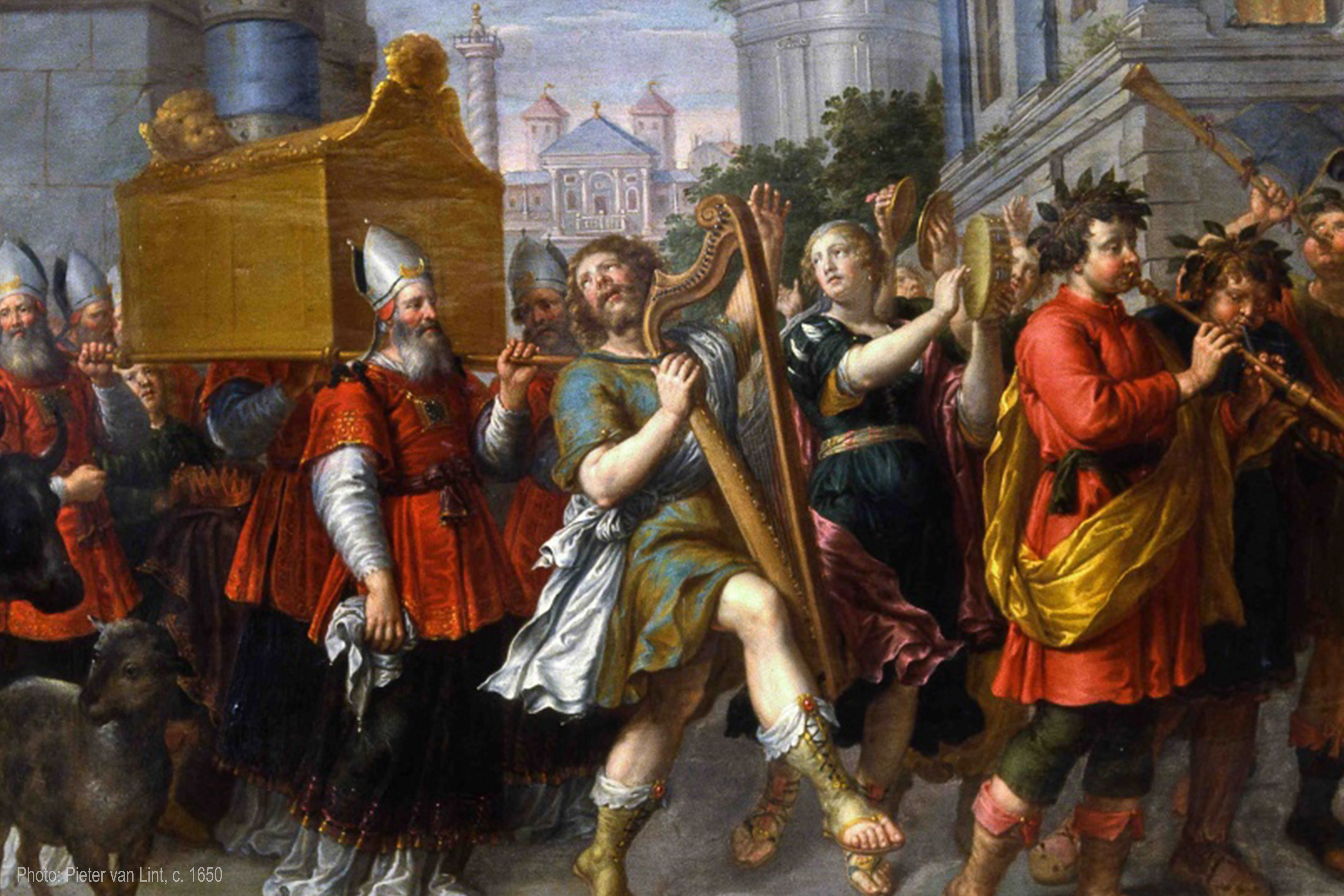Tisha B'Av: A Time to Weepഉദാഹരണം


Tears of Hope
A story is recorded in the Talmud that took place after the destruction of the Second Temple. When Rabbi Akiva and his colleagues came to Mt. Scopus and witnessed the Temple’s destruction, they tore their clothing in mourning. When they got to the Temple Mount itself and saw foxes running around where the Holy of Holies once stood, they cried. But Akiva laughed.
“Why are you laughing?” the rabbis asked. “Why are you crying?” Akiva replied. The rabbis explained that they were looking at the holiest place in the world and “now foxes run through it! How could we not cry!” Akiva replied, “That is why I am laughing.”
He continued, “One prophet said, ‘because of you, Zion will be plowed like a field’ (Micah 3:12). Another prophet said, ‘Once again men and women of ripe old age will sit in the streets of Jerusalem, each of them with cane in hand because of their age. The city streets will be filled with boys and girls playing there’ (Zechariah 8:4–5). Since the words of one prophet have been fulfilled, I now know that the words of the other prophet will also be fulfilled.” To this, the rabbis exclaimed, “You have comforted us, Akiva, you have comforted us.”
Notice that the rabbis said “you have comforted us” twice. The first time meant that Akiva taught the Jewish sages to be comforted by the bright future that would surely come. The second time indicated that Akiva had also taught them that the present was good as well. Often, destruction is necessary for construction.
According to Jewish tradition, the tragedies of Tisha B’Av will give way to the messianic era, when the Third and Eternal Temple will be erected, and God will be recognized as the one, sovereign King. When we cry out to God on Tisha B’Av, we move further along on the road of repentance and closer to God.
The Hebrew word for father is “Av,” the name of this month. While God punishes us like a father disciplines his child, God also cares deeply for us and desires reconciliation with His children.
In the Book of Lamentations, recited on Tisha B’Av, we read, “Let him bury his face in the dust—there may yet be hope” (Lamentations 3:29). While we mourn on this day, it is also a day of hope. The tears that we shed on this day water the seeds of redemption. On this day, we join the psalmist and pray that “Those who sow with tears will reap with songs of joy.”
തിരുവെഴുത്ത്
ഈ പദ്ധതിയെക്കുറിച്ച്

Tisha B’Av (the Fast of the Ninth of Av) is the darkest day on the Jewish calendar, a day of communal mourning to commemorate the many tragedies that have befallen the Jewish people which have occurred on this very day. In this reading plan, we'll look at the ancient roots of this somber day and how it has reverberated throughout the history of The Chosen People.
More
ബന്ധപ്പെട്ട പദ്ധതികൾ

നമ്മുടെ ദൈവിക വിധി അവകാശപ്പെടുന്നു

വർഷാവസാനം പുനഃക്രമീകരിക്കുന്നു - പ്രാർത്ഥനയും ഉപവാസവും

ദൈവത്തിൻ്റെ ഉദ്ദേശ്യപ്രകാരം ജീവിക്കുകയും അവൻ്റെ കൃപയെ സ്വീകരിക്കുകയും ചെയ്യുക

വെല്ലുവിളി നിറഞ്ഞ ലോകത്ത് ഹൃദയത്തെ സംരക്ഷിക്കുന്നു

എന്നോട് കല്പിയ്ക്കുക - സീറോ കോൺഫറൻസ്

ബൈബിൾ മനഃപാഠ വാക്യങ്ങൾ (പുതിയ നിയമം)

ഈസ്റ്റർ ക്രൂശാണ് - 4 ദിന വീഡിയോ പ്ലാൻ

ഈസ്റ്റർ ക്രൂശാണ് - 8 ദിന വീഡിയോ പ്ലാൻ

പരിശുദ്ധാത്മാവിലുള്ള ആത്മീയ അവബോധം
